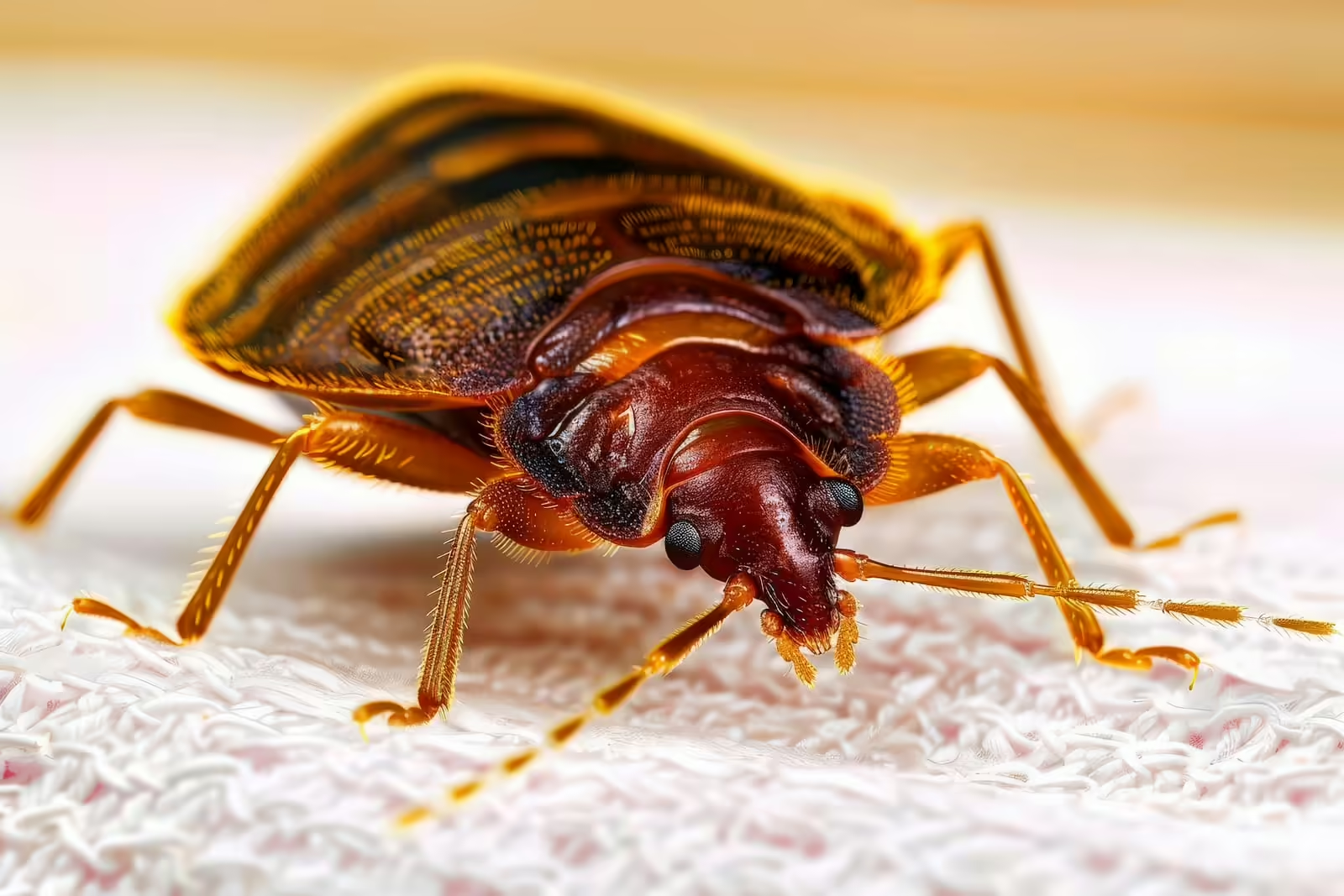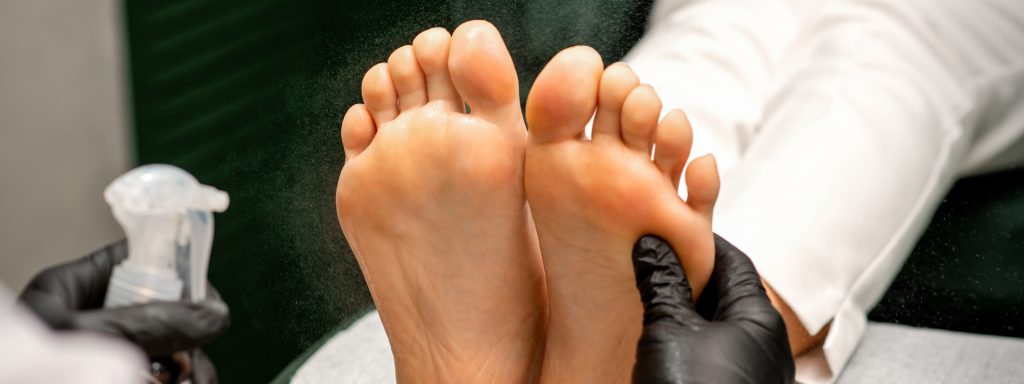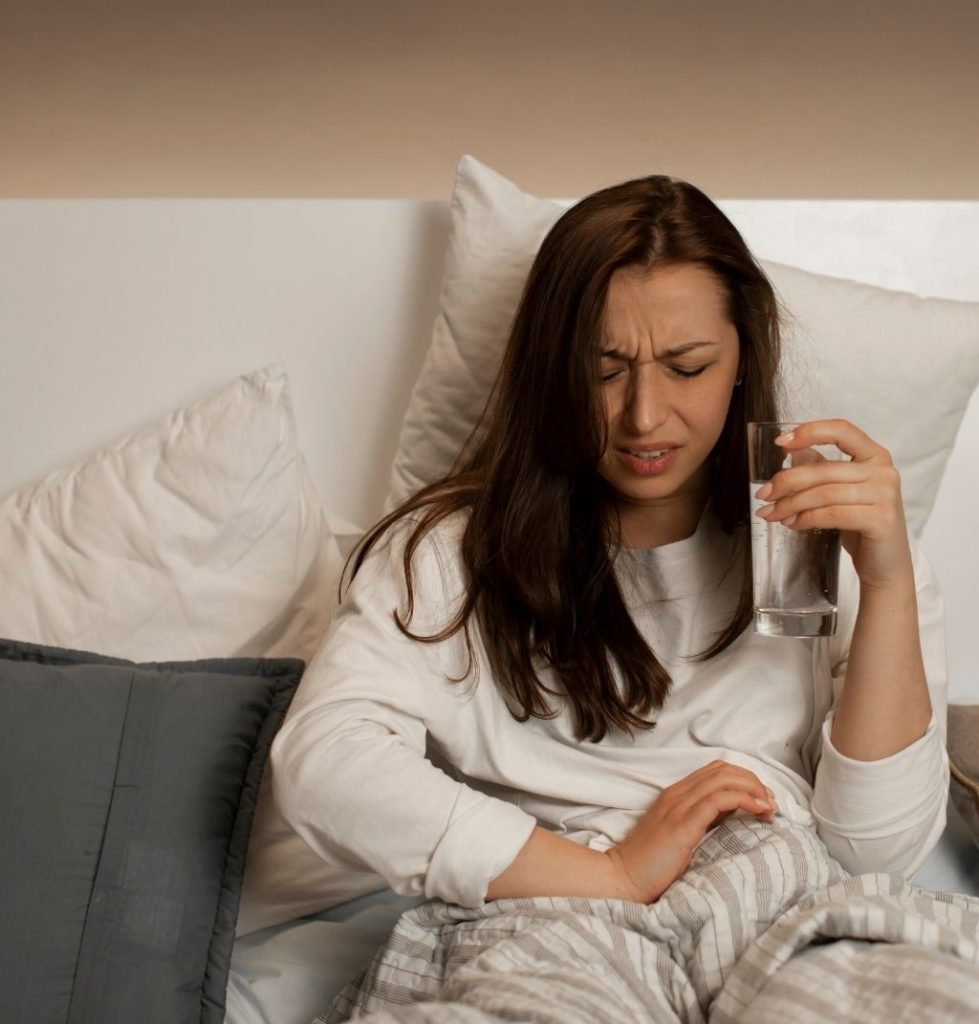How Can I Tell if My Hotel or Airbnb has Bed Bugs?
Bed bugs can quickly turn a relaxing vacation into a stressful ordeal. Whether you’re staying at a hotel or an Airbnb, it’s essential to know how to spot signs of bed bugs to protect yourself from bites and prevent bringing these pests home with you. The information below can help you determine how to tell if your accommodation has bed bugs, how big of an issue it may be, and what steps to take if you find them.
1. Know What Bed Bugs Look Like
The first step in identifying bed bugs is knowing what they look like. Adult bed bugs are small, about the size of an apple seed, with a flat, oval shape and a reddish-brown color. Nymphs (young bed bugs) are smaller and lighter in color, making them harder to spot. Bed bug eggs are tiny, white, and oval-shaped, often difficult to see without magnification.
Where to Look:
- Mattress seams
- Bed frames
- Headboards
- Upholstered furniture
- Baseboards
Recognizing the look of bed bugs is just the beginning. The next step involves inspecting areas where they may hide including your sleeping area and surroundings.
2. Inspect the Bed and Surrounding Area
When you first arrive at your hotel or Airbnb, do a thorough inspection of the sleeping area. Start with the bed since it’s the most likely place for bed bugs to hide.
How to Inspect the Bed:
- Lift the sheets and check the mattress seams: Look for small dark spots, which could be bed bug excrement, or reddish smears, which may indicate crushed bed bugs.
- Inspect the headboard and bed frame: Bed bugs often hide in cracks and crevices of the headboard and frame. Shine a flashlight into any gaps.
- Look behind the headboard: If you can safely remove the headboard or look behind it, check for any signs of bed bugs. This is one of their favorite hiding places.
Once you’ve checked the bed, examine other furniture and upholstery in the room, including couches, chairs, and carpets. Bed bugs can also hide in nightstands, picture frames, or electrical outlets.
3. Look for Bites and Other Physical Signs
Bed bug bites can provide another clue that you may be dealing with an infestation. These bites often appear as small, red, itchy welts that are grouped together in clusters or lines on exposed skin.
Signs to Look For:
- Bites on your skin: If you wake up with itchy, red welts on areas of your skin exposed while sleeping, bed bugs could be the culprit. However, not everyone reacts to bed bug bites, so bites (or the lack of bites) alone are not definitive proof.
- Shed skins or eggs: Bed bugs molt as they grow, leaving behind their shed skins. Finding these or tiny white eggs is a strong indication of an infestation.
- Odor: In heavy infestations, bed bugs can give off a musty, sweet odor. If you notice this smell, it may indicate a serious problem.
These physical indicators, especially if paired with the visual evidence from your room inspection, can help confirm the presence of bed bugs. If you’re still unsure, using bed bug detection tools may provide further confirmation.
4. Use Bed Bug Detection Tools
If you’re concerned about bed bugs but aren’t sure how to find them, several detection tools can help:
- Flashlight: Shine a flashlight into dark corners, mattress seams, and around the bed frame to spot any hiding bugs.
- Bed Bug Interceptors: These are small devices placed under bed legs to trap bed bugs as they move. If you’re staying for an extended time and suspect bed bugs, consider using these devices to monitor the situation.
- Bed Bug Detection Apps: Several apps can help you check hotel reviews for mentions of bed bugs, like the Bed Bug Registry, where travelers report infestations they’ve encountered.
For tech-savvy travelers, apps like the Bed Bug Registry allow you to check reports of bed bug sightings at hotels and Airbnbs. After using these tools, it’s also a good idea to check online reviews for any reports of past bed bug problems at your location.
5. Check Online Reviews and Bed Bug Registries
Before booking a hotel or Airbnb, it’s a good idea to check online reviews for any mentions of bed bugs. Some sites, like TripAdvisor, Yelp, and Google Reviews, allow travelers to leave reviews about their stay, including whether they encountered bed bugs.
Additionally, the Bed Bug Registry is a free public database where people can report bed bug infestations in hotels across North America. Checking these reviews before booking can help you avoid locations with a history of bed bug problems.
What Do You Do if You Find Bed Bugs?
If you discover bed bugs in your Airbnb or hotel, report the issue immediately to the staff or host and request a new room or alternative accommodations. Most hotels and hosts will offer a refund or compensation for the inconvenience but be sure to keep your luggage and belongings off the bed or floor to avoid spreading the bugs.
It is also recommended that you photograph and/or video any bed bugs that you uncover so you have evidence, if needed or requested, showing exactly where and what you saw in the room.
While dealing with bed bugs can be stressful, taking swift action helps minimize the risk. Once you’ve addressed the immediate problem, the final step is to take precautions to ensure you don’t bring bed bugs home.
How Do You Avoid Bringing Bed Bugs Home With You?
Before returning home, thoroughly inspect your luggage and clothing to ensure no bed bugs have hidden in your items. Washing your clothes in hot water and drying them on the highest heat setting will usually kill any potential bed bugs. Additionally, vacuum your suitcase and consider using a luggage cover for future trips to prevent bed bugs from getting inside.
Taking these precautions before returning home ensures you don’t accidentally introduce bed bugs into your living space. Planning for the possibility of bed bugs ahead of time will mean that you’re better prepared to handle any potential encounters with them during your travels.
What To Do If You Were Bitten by Bed Bugs?
If you have actually suffered bed bug injuries while staying in a hotel room or Airbnb, it is important to have those bites checked by a medical professional. This ensures that the bite suffered actually is a bed bug bite versus a rash or something else.
Additionally, your health care provider may be able to provide some ointments or other medication to help alleviate some of the symptoms.
Lastly, you now have documentation from a medical care provider substantiating the bite you suffered were bed bug bites, which may assist if evidence is needed or requested at a later date.
Let RTRLAW’s Bed Bug Attorneys Help You Today!
Identifying and addressing bed bugs early can save you from an unpleasant experience and help prevent further issues during your stay. By inspecting your surroundings, using detection tools, and checking online reviews before booking, you can significantly reduce the risk of encountering these pests. However, if you do find bed bugs and experience significant harm or financial loss, RTRLAW can assist in addressing legal claims against negligent hotels or Airbnb hosts.
At RTRLAW, our experienced attorneys can help you seek compensation if your trip was disrupted by bed bugs due to inadequate care from a property owner or host. If you believe your health or property was affected by a bed bug infestation, contact RTRLAW today to discuss your options and protect your rights.


 CALL US NOW
CALL US NOW TEXT US NOW
TEXT US NOW



























